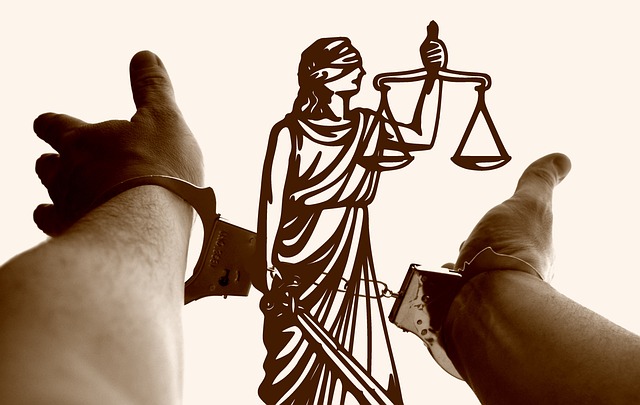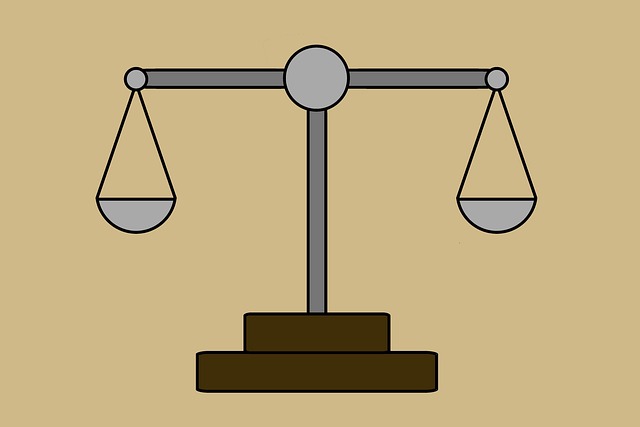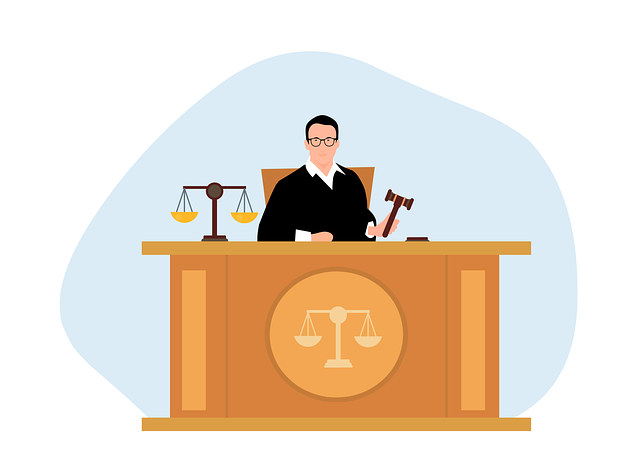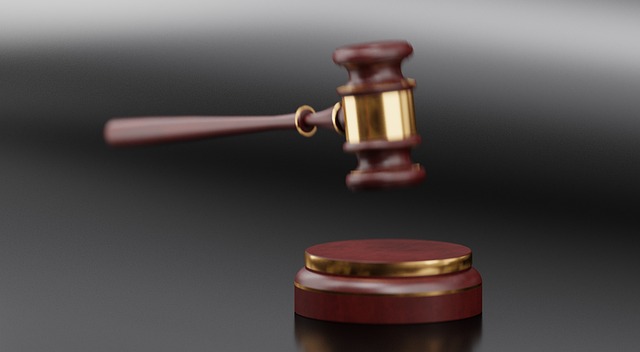The RF Securities Industry Regulation is a critical framework for maintaining fairness and integrity in financial markets, impacting investors, brokers, and regulators. Understanding this regulation and the appeals process is key, especially for criminal cases related to securities violations. Knowing how to file an appeal can lead to exoneration or reduced penalties, with philanthropy and politics playing roles in supporting justice. Both corporate and individual clients should engage experienced legal counsel, adhere to best practices, and stay informed about regulatory changes to successfully navigate the complex appeals process and achieve fairness within the industry.
“Explore the intricate world of RF Securities Industry Regulation with this comprehensive guide. Understanding regulatory frameworks is crucial for investors, especially when facing criminal charges. Learn about navigating a critical aspect: How to File an Appeal in a Criminal Case Involving Securities. From when and why appeal to the step-by-step process, this article demystifies the appeals journey. Discover common challenges and best practices, ensuring you’re prepared for every twist. Master the art of appealing with our expert insights.”
- Understanding RF Securities Industry Regulation: An Overview
- When and Why to File an Appeal in a Criminal Case Involving Securities
- The Appeals Process: Step-by-Step Guide for RF Securities Cases
- Common Challenges and Best Practices for Navigating the Appeals Process
Understanding RF Securities Industry Regulation: An Overview
The RF Securities Industry Regulation is a vital framework designed to maintain integrity and fairness in the financial markets. It encompasses a comprehensive set of rules and guidelines governing various aspects, from trading activities to investor protection. This regulatory system plays a crucial role in ensuring that market participants adhere to ethical standards, promoting transparency, and mitigating risks associated with securities transactions. Understanding this regulation is essential for all stakeholders, including investors, brokers, and regulators, as it dictates the expectations and obligations at every step of the financial journey.
Navigating the RF Securities landscape involves comprehending not just the initial implementation but also the intricate processes throughout the investigative and enforcement process. A key element to remember, especially in the context of a general criminal defense strategy, is the right to appeal. In cases where individuals face charges related to securities violations, they can file an appeal to challenge the verdict. This legal maneuver allows for scrutiny at all stages, ensuring fairness and potentially leading to the exoneration or reduction of penalties within the philanthropic and political communities that heavily rely on robust financial regulations.
When and Why to File an Appeal in a Criminal Case Involving Securities
When facing criminal charges related to securities, understanding when and how to file an appeal is a critical step for both corporate and individual clients. The decision to appeal should be made promptly after a conviction, as delays may hinder the process. Appeals offer a chance to rectify legal errors and ensure fairness in the justice system, especially in complex financial cases that span across the country.
If there are substantial grounds for believing the conviction was unjust, an appeal can be filed. These grounds might include issues with evidence presentation, misapplication of laws, or procedural mistakes during trial. A general criminal defense strategy should factor in the potential for appeal from the outset. By reviewing the case thoroughly and identifying areas where legal standards may have been violated, defendants can make informed decisions about their next steps, ensuring a robust legal process regardless of the outcome.
The Appeals Process: Step-by-Step Guide for RF Securities Cases
Navigating the appeals process in RF Securities cases can be a complex task, but understanding the step-by-step guide is essential for those seeking to challenge their convictions or sentences. The first step in How to File an Appeal in Criminal Case involves notifying the appropriate court about your intention within a specified time frame after the judgment. This typically requires filing a notice of appeal, which initiates the legal process.
Subsequent steps include preparing and submitting appellate briefs that present your arguments for reversal, along with relevant case law and legal principles. Across the country, the involvement of experienced legal counsel is crucial, especially when addressing complex financial regulations and their implications. The philanthropic and political communities often play a role in supporting individuals through these processes, ensuring justice for their clients.
Common Challenges and Best Practices for Navigating the Appeals Process
Navigating the appeals process in the RF Securities industry can be complex, presenting unique challenges for both corporate and individual clients. Understanding how to file an appeal effectively is crucial throughout all stages of the investigative and enforcement process. One common hurdle is interpreting the scope of appealable decisions, ensuring the grounds for appeal are valid and well-supported. This often requires meticulous attention to detail and a deep understanding of regulatory frameworks.
Best practices include engaging experienced legal counsel who can guide through the intricate procedures. Timely filing, rigorous documentation, and clear articulation of arguments are essential. Furthermore, staying informed about recent developments in regulatory landscapes benefits appellants, as does fostering connections with philanthropic and political communities to gain insights into potential outcomes. These strategies can significantly enhance the chances of a favorable appeal, ensuring fairness and justice within the industry.
The regulation of the RF securities industry is a complex yet vital process, ensuring fairness and integrity in financial markets. Understanding these regulations and knowing when to appeal in criminal cases involving securities is crucial for both legal professionals and individuals alike. By following the step-by-step guide provided, one can navigate the appeals process effectively, addressing common challenges along the way. Remember, mastering How to File an Appeal in a Criminal Case related to securities is essential for achieving justice and upholding ethical standards in the financial realm.






